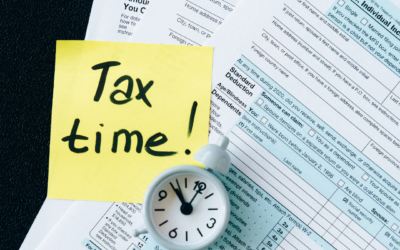Frequently Asked Questions
Below are some of the FAQ’s that we receive and our answers to them. If you don’t find what you are looking for, click the “Ask a Question” button below and fill out the form and we will get back to you in a timely fashion.
Should I hire an accountant?
Hiring an accountant is a great decision for a number of reasons. First and foremost, accountants have the expertise and experience to help you save money on your taxes. They can also help you manage your finances and keep your business records in order. Furthermore, hiring an accountant can help you avoid common mistakes that can lead to costly fines and penalties. If you’re looking for someone to help you with your financial affairs, contact us today for a free consultation.
What records should I keep?
There are a few different types of records that you should keep for your accountant, depending on whether you are running a business or just have personal finances. For a business, you will need to keep track of all income and expenses, as well as any invoices or receipts. For personal finances, you should keep track of your monthly budget, any bills or statements you receive, and your credit score. It’s also helpful to have a record of your assets and liabilities so you can stay aware of your net worth.
How do I find my Break-Even point?
The break-even point (BEP) is the point at which your business neither makes a profit nor suffers a loss. It’s reached when your total revenue equals your total costs. To find your BEP, you need to know what your fixed and variable costs are. Fixed costs remain the same regardless of how much product or service you sell, while variable costs change with sales volume. Once you know these figures, you can calculate your BEP by dividing your fixed costs by the difference between unit selling price and variable cost per unit.
What are my financing options as a business owner?
How can I prepare for Tax Season?
When should I pay estimated taxes?
How should I structure my small business?
What accounting terms should I be familiar with?
Asset: An asset is anything of value that a company owns. It can be tangible, such as cash or equipment, or intangible, such as trademarks or copyrights.
Liabilities: A liability is any obligation a company has to others. This can include money owed to creditors, amounts payable in the future under contracts and taxes owed.
Owner’s Equity: Owner’s equity represents the portion of a company’s assets that belongs to the owners. It is calculated by subtracting liabilities from assets.
Revenue: Revenue is the income generated by a company through its normal business activities. This includes sales of products and services, interest income and dividends received from investments.
Expenses: Expenses are costs incurred by a company in order to generate revenue. This includes items like cost of goods sold, marketing costs and wages paid to employees.
Should I use cash-basis or accrual accounting?
How do debits and credits work?
What triggers an IRS audit?
Can I lower my tax liability?
What's the difference between accounts payable and receivable?
Resources
Resources & Articles For Managing Your Finances On Your Own
Beyond the Deadline: Unpacking Lessons and Strategies from This Tax Season
Reflect on the successes and challenges of the recent tax season with us as we share crucial insights and forward-thinking strategies to enhance your financial planning for the next year. Start early, stay informed, and achieve more with our expert guidance.
Start Your Tax Preparation Early: Why Waiting Until the Last Minute Costs More Than You Think
Beat the rush and ease your tax season stress by starting your tax preparations early! Discover the benefits of early tax filing with Kent, Parker & Associates, and learn how proactive planning can lead to quicker refunds and better financial health. Don’t wait until the deadline looms—begin today and navigate this tax season with confidence.
4 Reasons to Hire a Tax Preparer for Your Taxes This Year
With tax season just around the corner, now is the time to start thinking about who is going to prepare your taxes this year. If you're on the fence about whether or not to hire a professional tax preparer, consider these four reasons why it's always a good idea to...
Contact Us
If you would like to speak with someone about your specific situation, please do not hesitate to contact us for a consultation.



